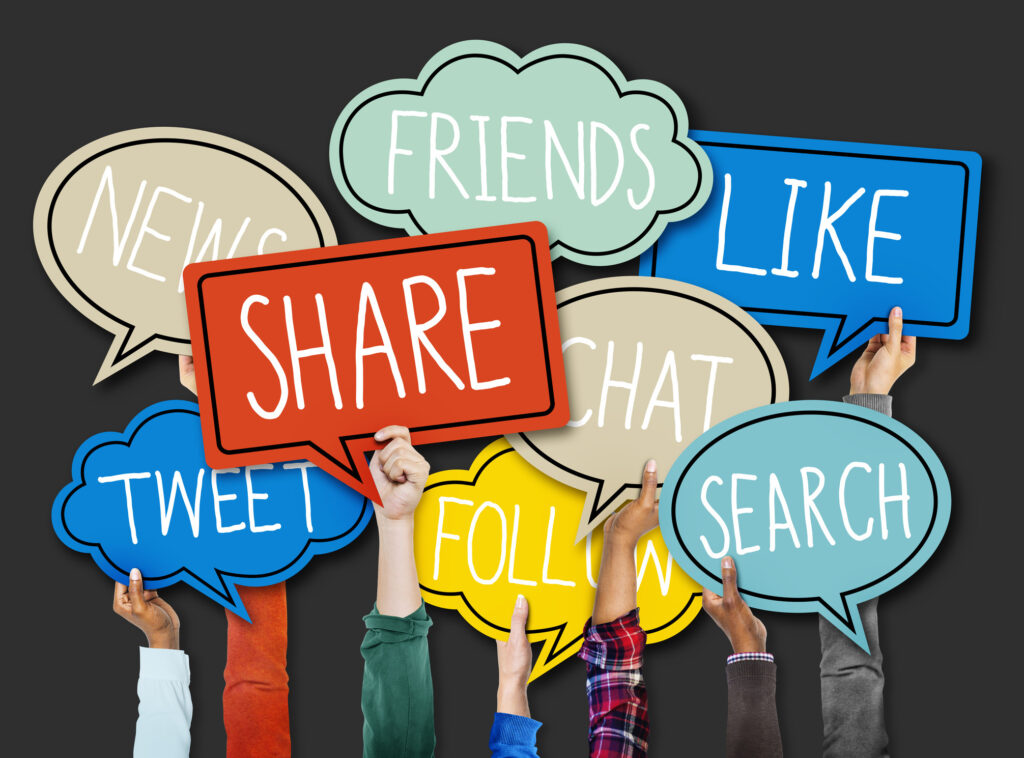Having no time for self-reflection. Every spare moment is filled by engaging with social media, leaving you little or no time for reflecting on who you are, what you think, or why you act the way that you do—the things that allow you to grow as a person.
Engaging in risky behavior in order to gain likes, shares, or positive reactions on social media. You play dangerous pranks, post embarrassing material, cyberbully others, or access your phone while driving or in other unsafe situations.
Suffering from sleep problems. Do you check social media last thing at night, first thing in the morning, or even when you wake up in the night? The light from phones and other devices can disrupt your sleep, which in turn can have a serious impact on your mental health.
Worsening symptoms of anxiety or depression. Rather than helping to alleviate negative feelings and boost your mood, you feel more anxious, depressed, or lonely after using social media.
Modifying social media use to improve mental health step 1: Reduce time online
A 2018 University of Pennsylvania study found that reducing social media use to 30 minutes a day resulted in a significant reduction in levels of anxiety, depression, loneliness, sleep problems, and FOMO. But you don’t need to cut back on your social media use that drastically to improve your mental health. The same study concluded that just being more mindful of your social media use can have beneficial results on your mood and focus.
While 30 minutes a day may not be a realistic target for many of us, we can still benefit from reducing the amount of time we spend on social media. For most of us, that means reducing how much we use our smartphones. The following tips can help:
- Use an app to track how much time you spend on social media each day. Then set a goal for how much you want to reduce it by.
- Turn off your phone at certain times of the day, such as when you’re driving, in a meeting, at the gym, having dinner, spending time with offline friends, or playing with your kids. Don’t take your phone with you to the bathroom.
- Don’t bring your phone or tablet to bed. Turn devices off and leave them in another room overnight to charge.
- Disable social media notifications. It’s hard to resist the constant buzzing, beeping, and dinging of your phone alerting you to new messages. Turning off notifications can help you regain control of your time and focus.
- Limit checks. If you compulsively check your phone every few minutes, wean yourself off by limiting your checks to once every 15 minutes. Then once every 30 minutes, then once an hour. There are apps that can automatically limit when you’re able to access your phone.
- Try removing social media apps from your phone so you can only check Facebook, Twitter and the like from your tablet or computer. If this sounds like too drastic a step, try removing one social media app at a time to see how much you really miss it.
For more tips on reducing your overall phone use, read Smartphone Addiction.

Step 2: Change your focus
Many of us access social media purely out of habit or to mindlessly kill moments of downtime. But by focusing on your motivation for logging on, you can not only reduce the time you spend on social media, you can also improve your experience and avoid many of the negative aspects.
If you’re accessing social media to find specific information, check on a friend who’s been ill, or share new photos of your kids with family, for example, your experience is likely to be very different than if you’re logging on simply because you’re bored, you want to see how many likes you got from a previous post, or to check if you’re missing out on something.
Next time you go to access social media, pause for a moment and clarify your motivation for doing so.
Are you using social media as a substitute for real life? Is there a healthier substitute for your social media use? If you’re lonely, for example, invite a friend out for coffee instead. Feeling depressed? Take a walk or go to the gym. Bored? Take up a new hobby. Social media may be quick and convenient, but there are often healthier, more effective ways to satisfy a craving.




























